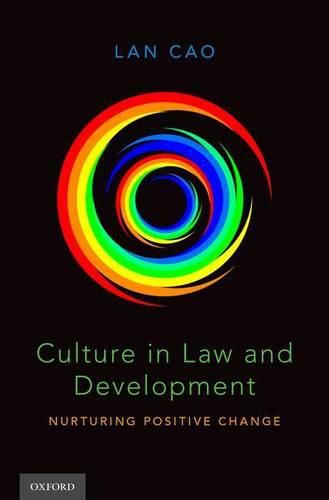Readings Newsletter
Become a Readings Member to make your shopping experience even easier.
Sign in or sign up for free!
You’re not far away from qualifying for FREE standard shipping within Australia
You’ve qualified for FREE standard shipping within Australia
The cart is loading…






The growth of international law in the post-World War II era stemmed partly from the belief that universal norms would make life for the entire world’s population safer, more equitable, and more conducive to each person’s acquisition of basic material needs. Starting in the sixties and seventies, some scholars and activists challenged this assumption and established the school of cultural relativism, a model that pays deference to local cultural traditions and favors them over international human rights norms. Scholars tried to create and practice a middle-ground approach between universalism and relativism, whereby the most egregious violations would be prevented through assimilating only jus cogens norms into indigenous groups’ existing cultural traditions. Such efforts at combining a few select international norms with local cultural traditions largely failed. Culture in Law and Development presents a provocative new solution to the seemingly intractable problem of combining international norms with local cultural traditions by changing culture through law and development. In this book, Lan Cao demonstrates how the gradual expansion of customary international law (CIL) provides a model for changing culture in ways that protect and advance local populations. The book adopts a holistic view of development and argues that cultural norms that impede the human capabilities of the poor, women, and other marginal groups should be changed. The book reveals how a more conscious, coordinated effort on such change can succeed while non-violative local traditions are otherwise honored and preserved. Cao proposes that cultural change does not have to constitute cultural disrespect, and that local societies only benefit by a careful combination of externally wrought change and internally fostered tradition.
$9.00 standard shipping within Australia
FREE standard shipping within Australia for orders over $100.00
Express & International shipping calculated at checkout
The growth of international law in the post-World War II era stemmed partly from the belief that universal norms would make life for the entire world’s population safer, more equitable, and more conducive to each person’s acquisition of basic material needs. Starting in the sixties and seventies, some scholars and activists challenged this assumption and established the school of cultural relativism, a model that pays deference to local cultural traditions and favors them over international human rights norms. Scholars tried to create and practice a middle-ground approach between universalism and relativism, whereby the most egregious violations would be prevented through assimilating only jus cogens norms into indigenous groups’ existing cultural traditions. Such efforts at combining a few select international norms with local cultural traditions largely failed. Culture in Law and Development presents a provocative new solution to the seemingly intractable problem of combining international norms with local cultural traditions by changing culture through law and development. In this book, Lan Cao demonstrates how the gradual expansion of customary international law (CIL) provides a model for changing culture in ways that protect and advance local populations. The book adopts a holistic view of development and argues that cultural norms that impede the human capabilities of the poor, women, and other marginal groups should be changed. The book reveals how a more conscious, coordinated effort on such change can succeed while non-violative local traditions are otherwise honored and preserved. Cao proposes that cultural change does not have to constitute cultural disrespect, and that local societies only benefit by a careful combination of externally wrought change and internally fostered tradition.